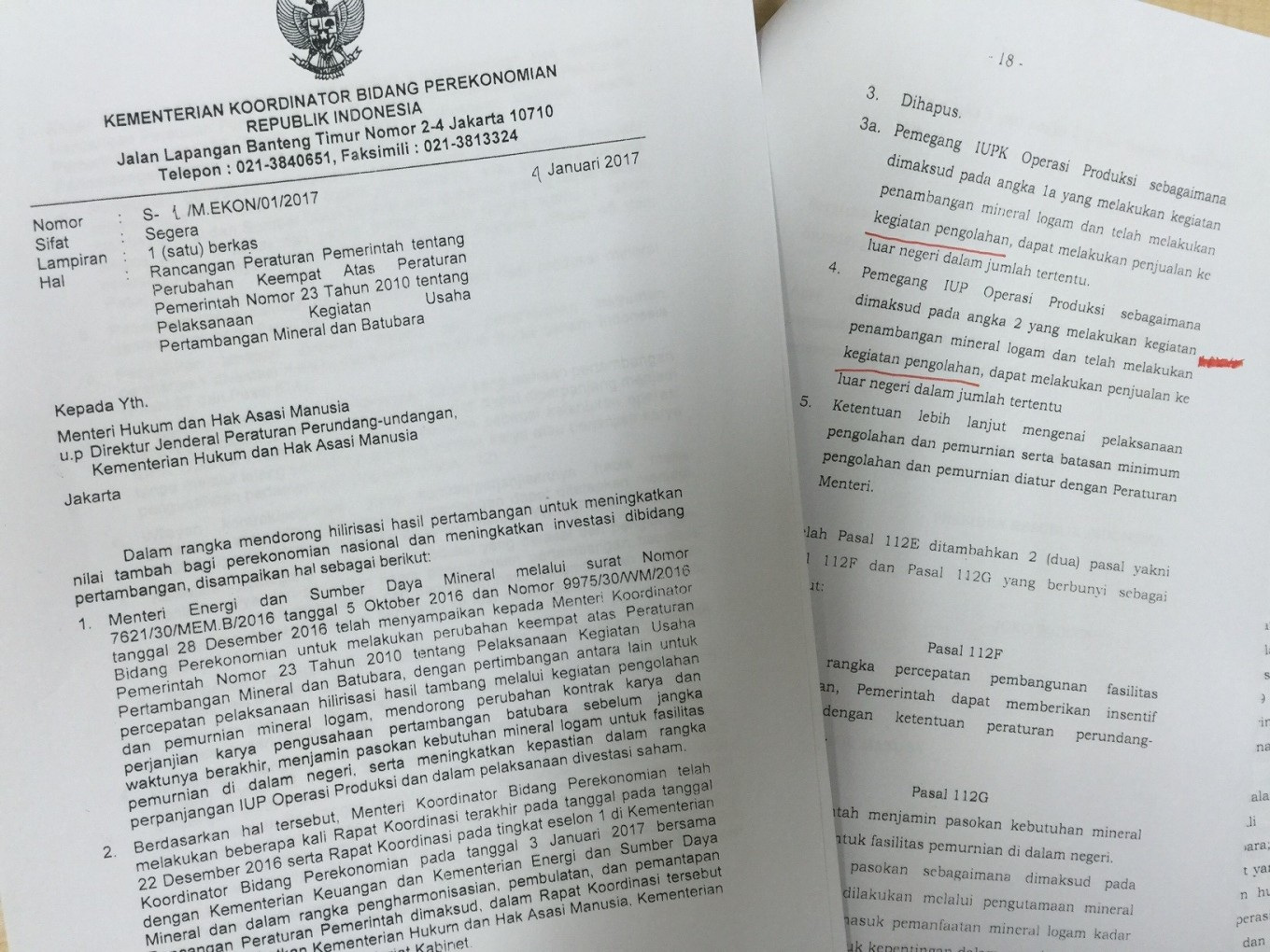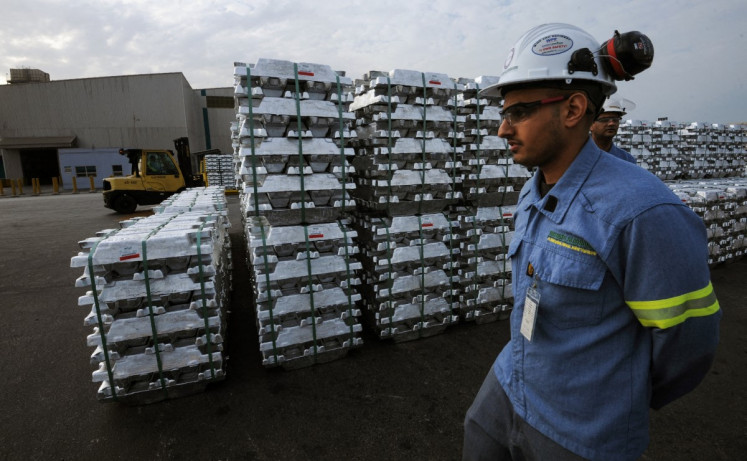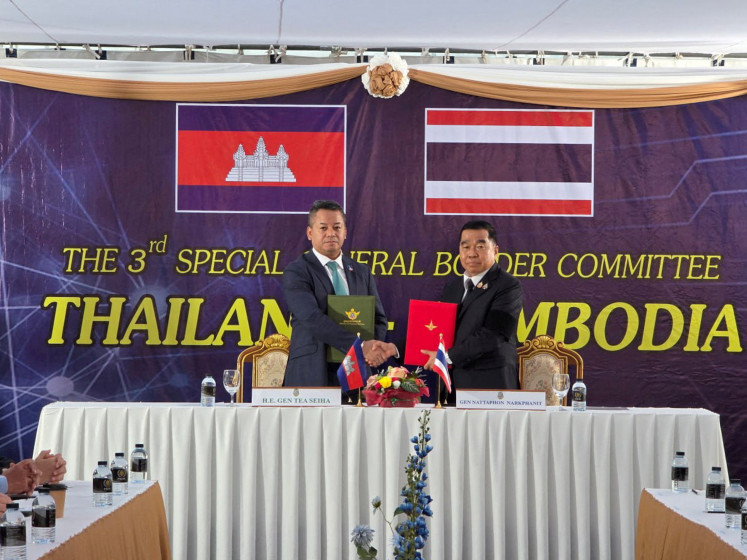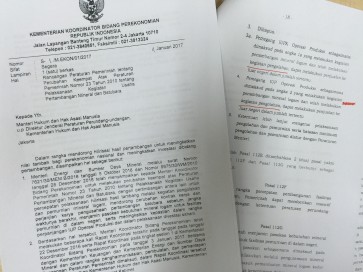Popular Reads
Top Results
Can't find what you're looking for?
View all search resultsPopular Reads
Top Results
Can't find what you're looking for?
View all search resultsFreeport needs to stand up to Indonesia over the CoW issue
In this case, Freeport is correct to stand its ground against Indonesia in insisting its contract of work (CoW) be honored, extended and not converted into a licensing agreement that has the potential to seriously disrupt operations.
Change text size
Gift Premium Articles
to Anyone
N
ormally, a 50-year mining project like Freeport’s Grassberg mine would deign it high time to turn its operations over to the local government, which would also be expedient politically.
However, in this case, Freeport is correct to stand its ground against Indonesia in insisting its contract of work (CoW) be honored, extended and not converted into a licensing agreement that has the potential to seriously disrupt operations.
Vincent Lingga in his Feb. 23 commentary in The Jakarta Post is wrong to paint this as an “arbitration ploy” by Freeport to block mining reform. Indonesia mining will certainly not reform with local owners bereft of legal enforcement. Why is this? Freeport is actually doing quite a good job with its localization initiatives in Papua, compared to that alternative, no localization. In other words, the operation is benefitting Indonesia not just with taxes, but also with human resource development.
It is commonly held knowledge in the Indonesian mining industry that Freeport and Theiss have the best mining training programs in Indonesia, followed by Newmont and BUMI Resources (courtesy of their legacy Rio Tinto and BHP operations). Western standards do in fact matter.
Freeport employs 32,000 people, many of them are well trained in best-practice mining standards and techniques, with good safety inculcated in their processes. This situation could/should be replicated in all Indonesian mining activities, not just Papua.
The real fear is that if this mine is nationalized (effectively what the divestment is), training and localization in Papua will suffer inversely. Localized owners will not carry the same safety and training mandates that Freeport does. They will also probably want to cut any “non-essential” (read: safety and environmental) staff to the bone.
If a licensing agreement (IUPK) is forced, local partners, via divestment, may insist on another avenue of production, with a lower environmental and safety risk profile, you can bet on that!


















